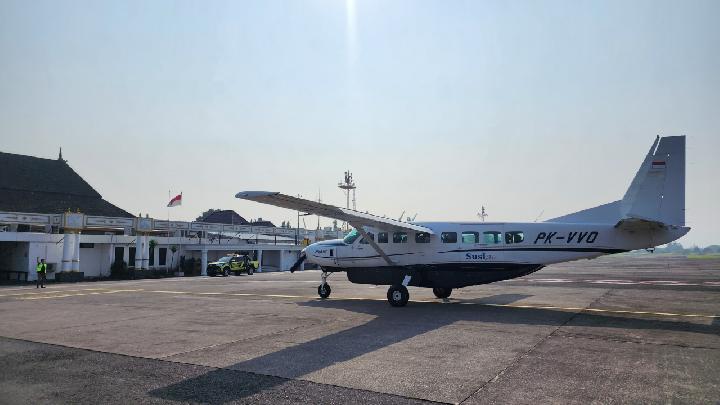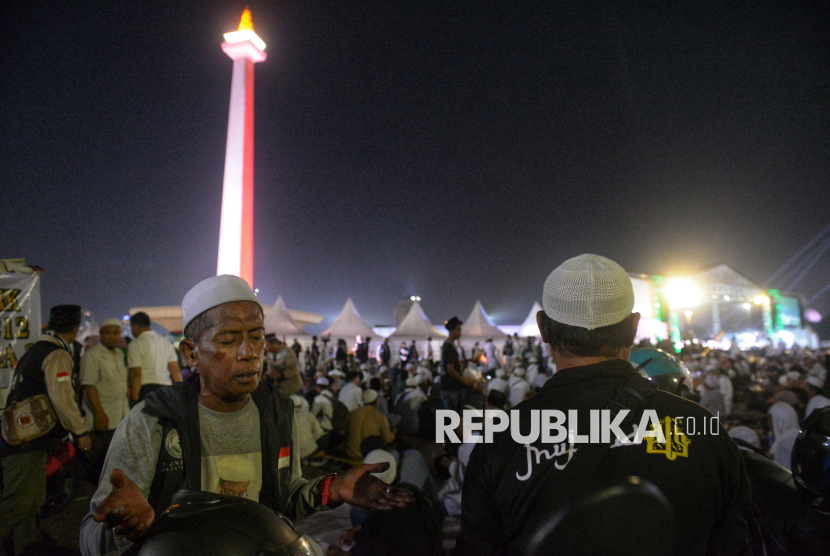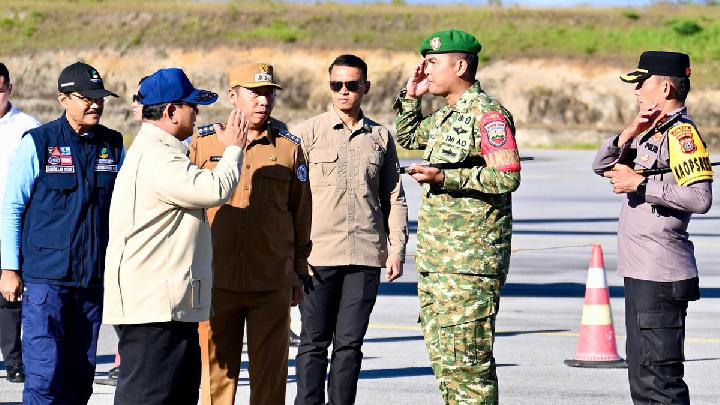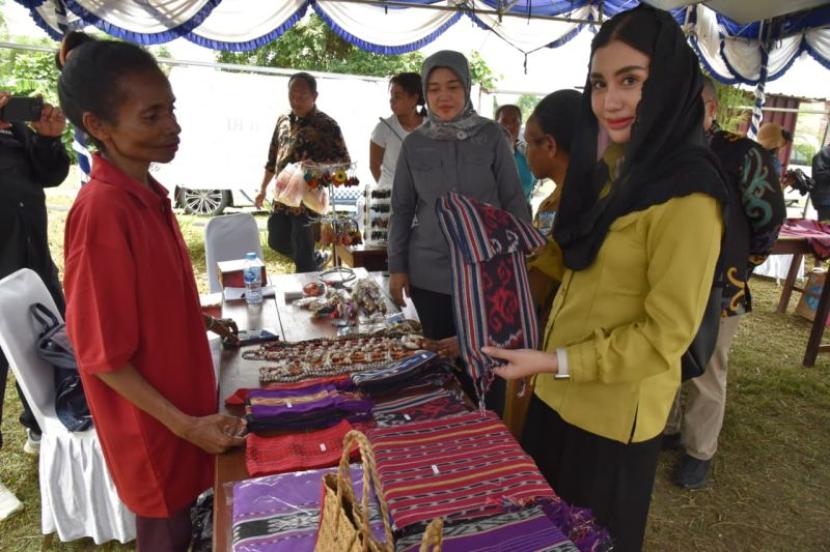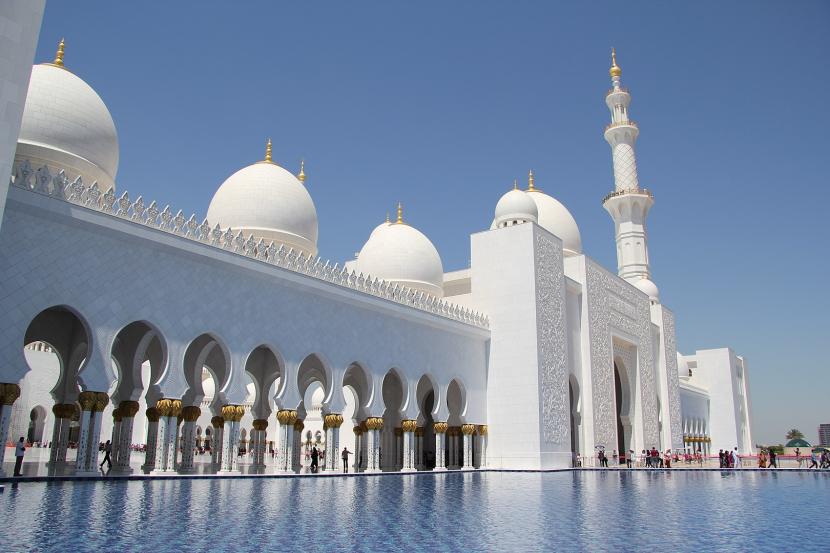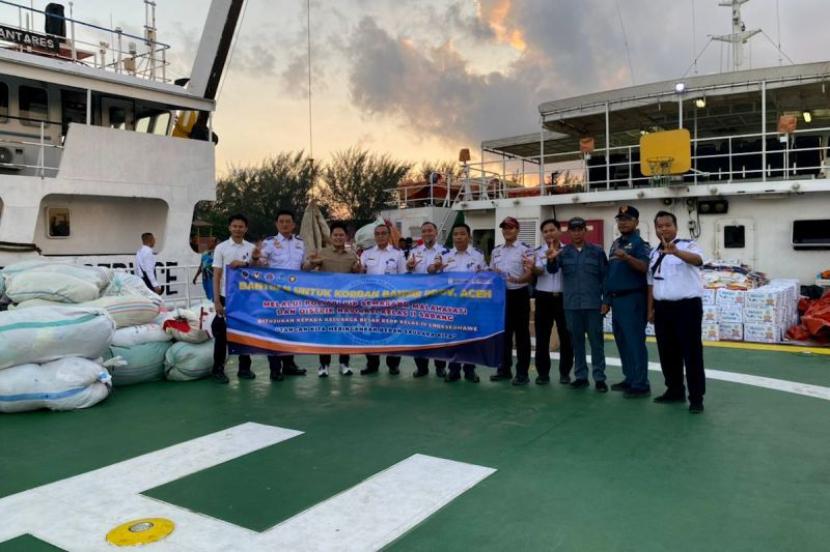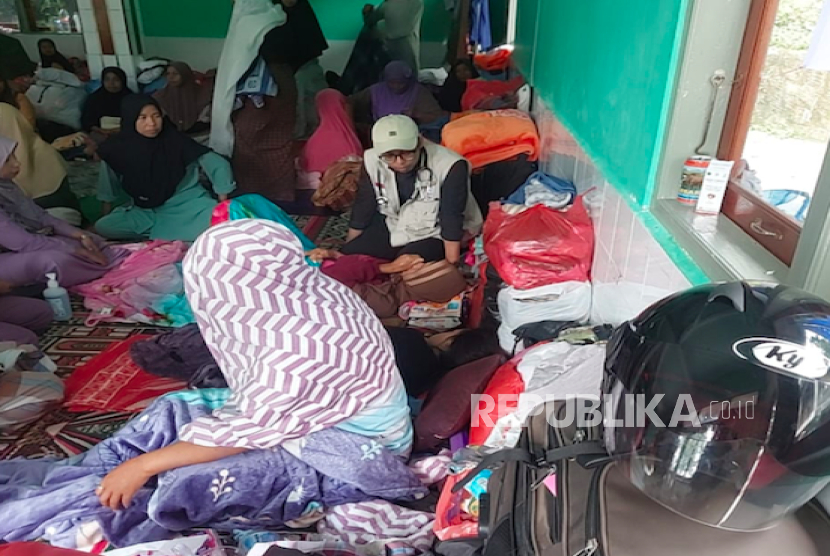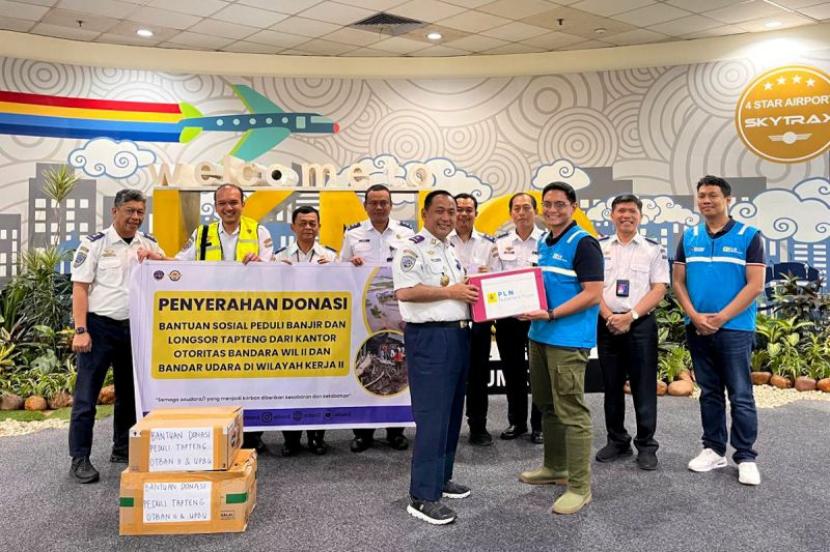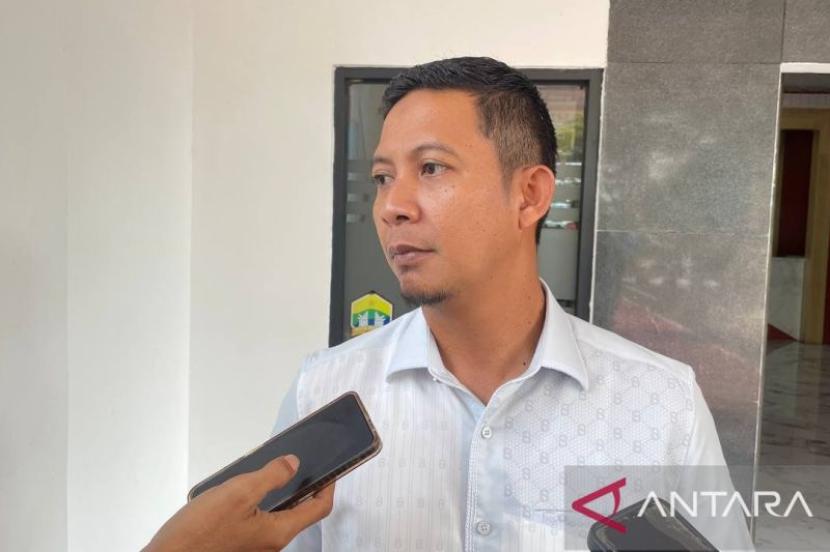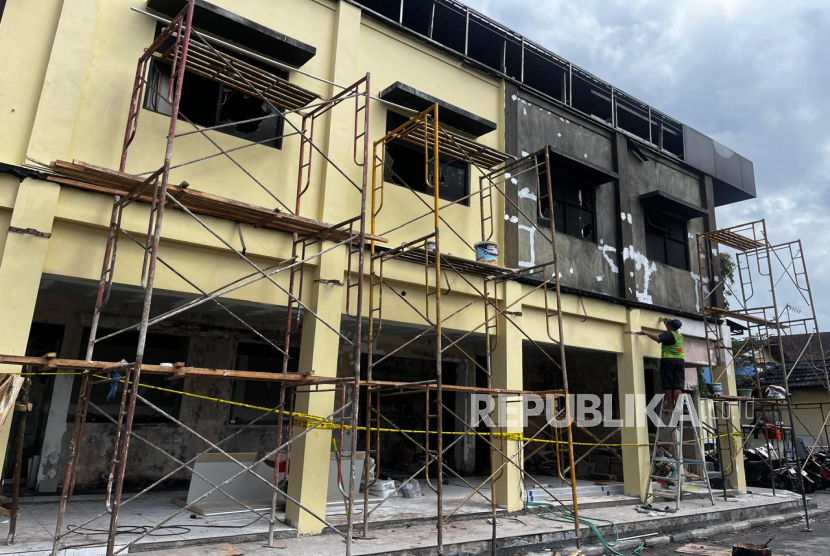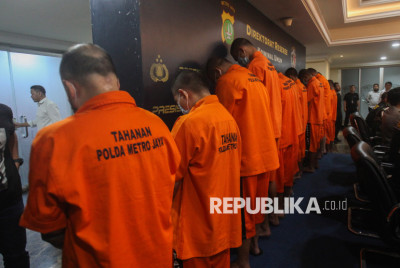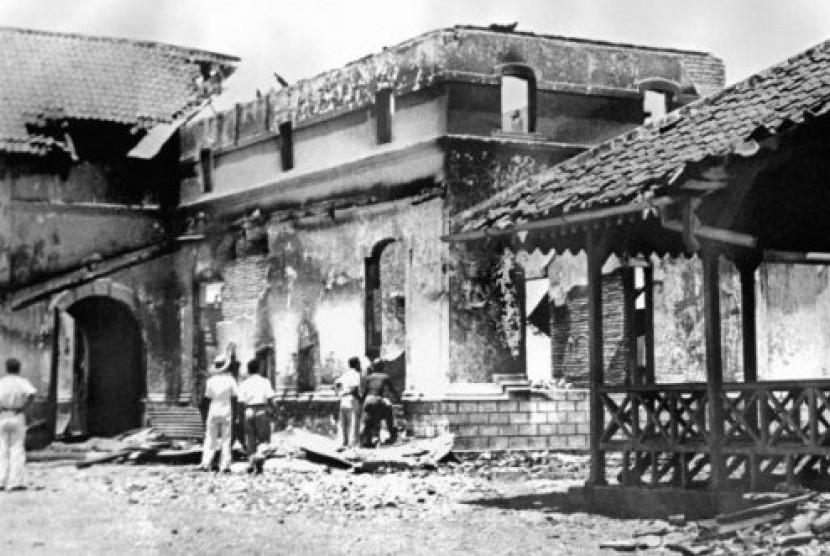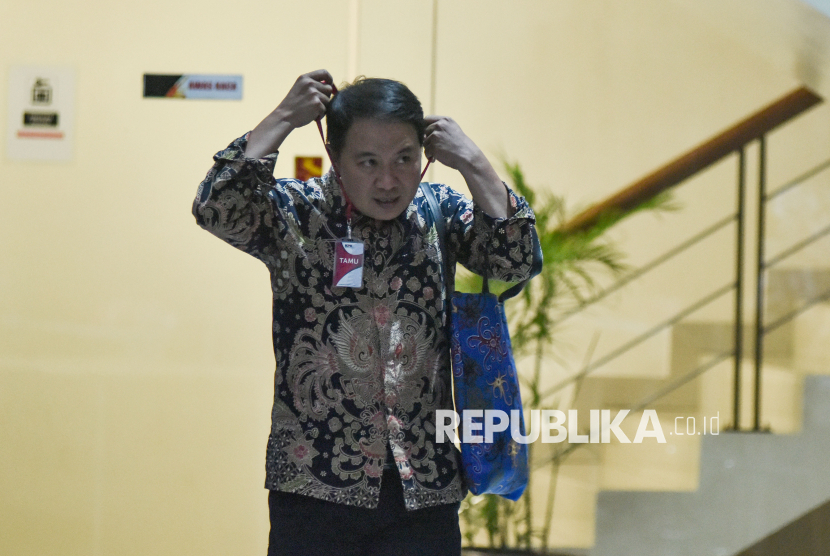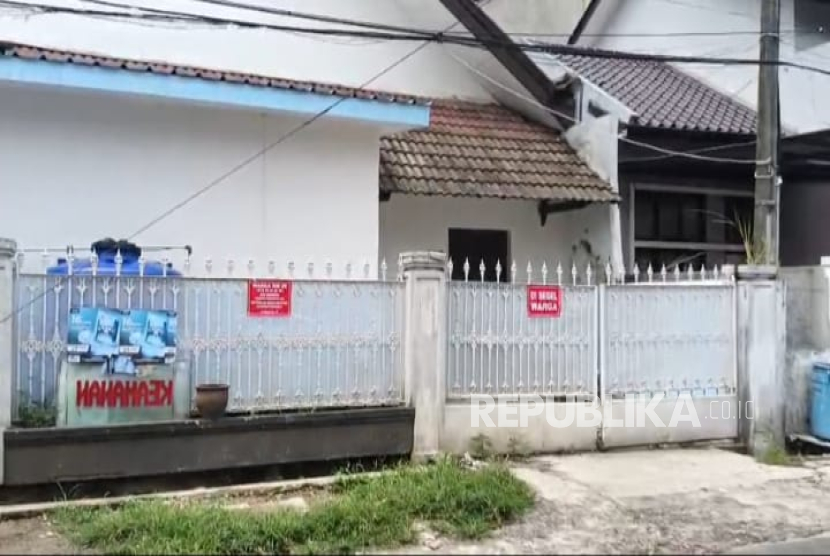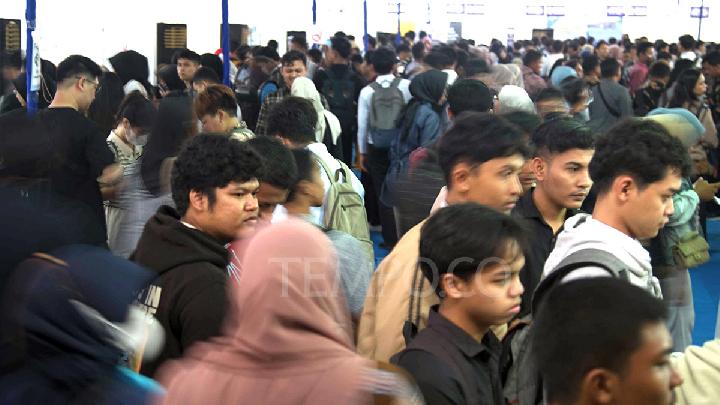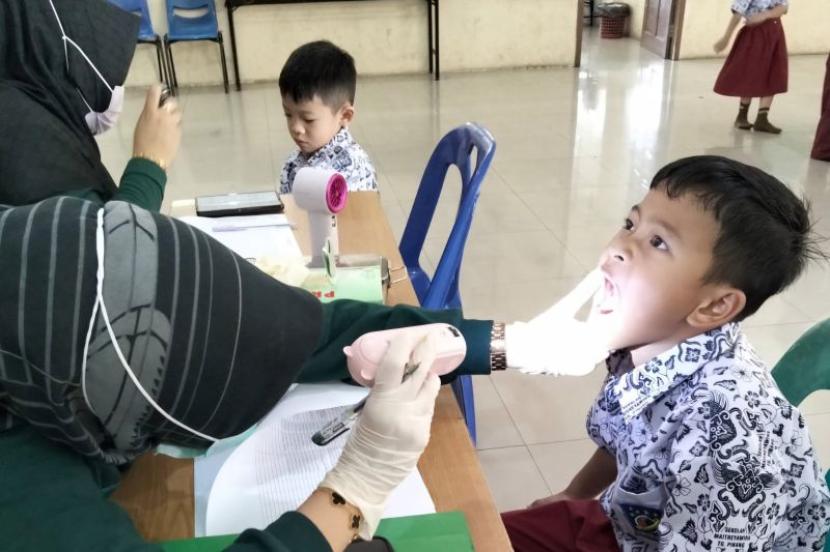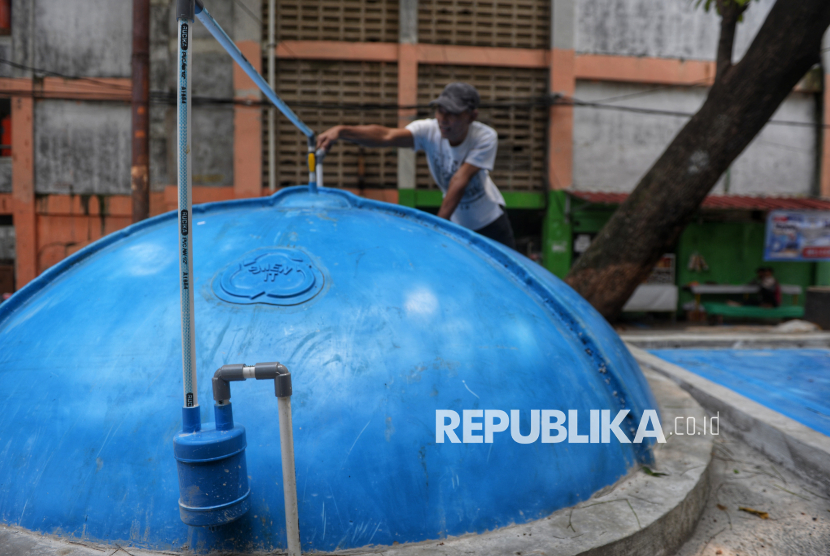TEMPO.CO, Jakarta - Cape Verde has made football history. The small island nation off the coast of West Africa secured its first-ever World Cup ticket after defeating Eswatini 3–0 at the Estadio Nacional in Praia on Tuesday, October 14, 2025.
The victory placed them at the top of Group D in the African qualifiers, ahead of five-time African Cup champion Cameroon.
With a population of just 525,000, Cape Verde becomes the second-smallest country to qualify for a World Cup, following Iceland in 2018. The milestone marks the peak of a footballing journey that began after the country’s independence from Portugal in 1975.
A Dream Realized
“This is a very important match. Te players want to win and make a new chapter in our football history,” said coach Bubista, whose real name is Pedro Leiitao Brito.
The 55-year-old has led The Blue Sharks since 2020 and built a team known for its discipline, strong defense, and unity.
Under Bubista, Cape Verde reached the quarter-finals of the Africa Cup twice, in 2013 and 2023. The team’s 1-0 win over Cameroon last September put them in a strong position, and the final victory over Eswatini sealed qualification. President Jose Maria Neves attended the historic match in Praia.
Cape Verde joins Morocco, Tunisia, Egypt, Algeria, and Ghana as the sixth African nation confirmed for the expanded 2026 World Cup.
The tournament, which will feature 48 teams, gives Africa nine direct qualification slots, a major boost for smaller nations.
Defender Roberto “Pico” Lopes acknowledged that the new format helped make their dream possible. “Before, only group winners could qualify. This time, finishing first gives us a direct ticket. It’s a great motivation,” he told BBC Sport.
The Role of the Diaspora
A key factor behind Cape Verde’s success is its global player network. The country’s domestic football scene is modest, with a 12-club league that lacks the infrastructure to produce elite talent consistently.
To strengthen the national squad, Cape Verde has long relied on players from its large diaspora community, particularly those based in Portugal, the Netherlands, and France.
Many players were discovered through unconventional means, including outreach via social media. Several had previously represented European youth teams before committing to Cape Verde at the senior level.
Although none currently play in Europe’s top five leagues, the squad features a well-balanced mix of experience, discipline, and shared identity.
Top scorer Dailon Livramento, who plays for Portugal’s Casa Pia, is among the symbols of this approach — players who might not have global fame but bring cohesion and dedication to the national team.
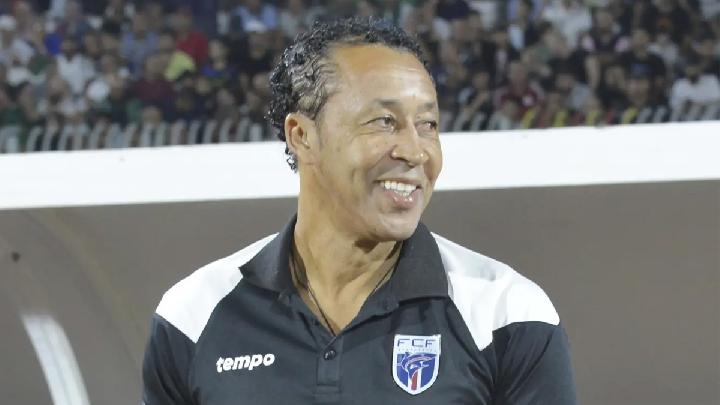 Cape Verde Coach Bubista. Doc. CAF
Cape Verde Coach Bubista. Doc. CAF
Steady Leadership and Unity
Equally crucial to Cape Verde’s rise has been the leadership of head coach Pedro “Bubista” Brito, who has managed the team since 2020. Under his direction, The Blue Sharks have earned a reputation for tactical organization, defensive solidity, and strong teamwork.
Bubista guided Cape Verde to the quarterfinals of the Africa Cup of Nations twice — in their debut year 2013 and again in 2023. His long tenure brought consistency to a program often challenged by limited resources.
Even when Cape Verde failed to qualify for the following Africa Cup, the football federation maintained its trust in Bubista, a decision that has since paid off.
Players such as defender Roberto “Pico” Lopes have become central figures during this era, representing the successful integration of diaspora talent under a clear and steady coaching philosophy.
Cape Verde’s achievement highlights how smaller nations can thrive through strategy, diaspora engagement, and coaching consistency.
As the team awaits the World Cup draw in Washington, D.C., on December 4, fans across the islands are dreaming of seeing The Blue Sharks face football’s global giants next year.
Editor’s Choice: The Rich History and Culture of Cape Verde, a Small Country Making World Cup History
Click here to get the latest news updates from Tempo on Google News

